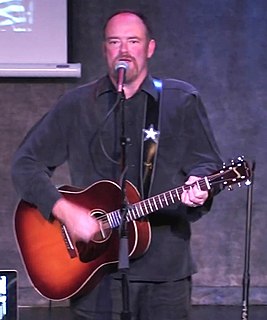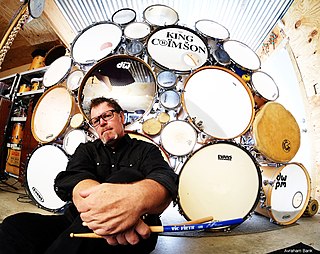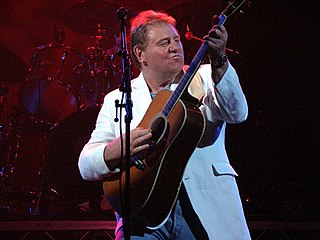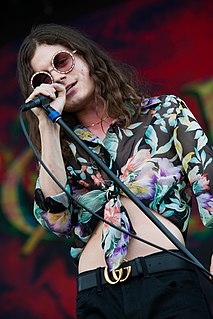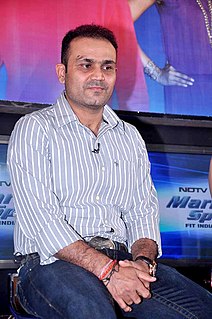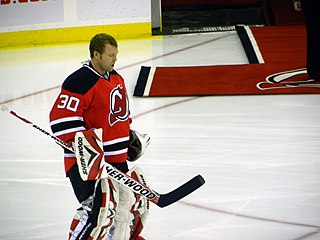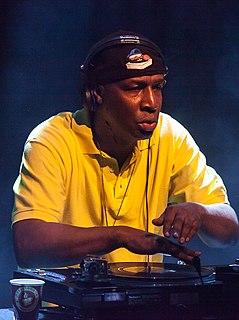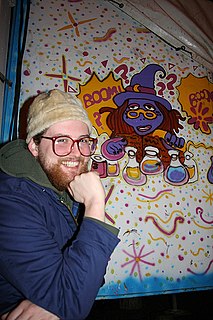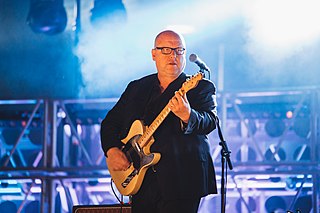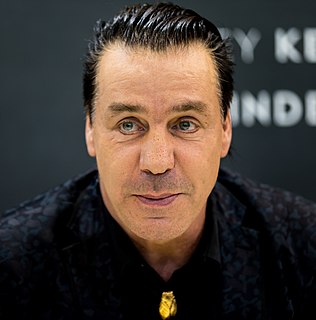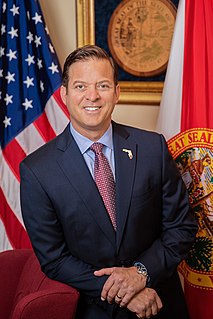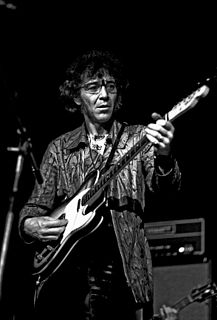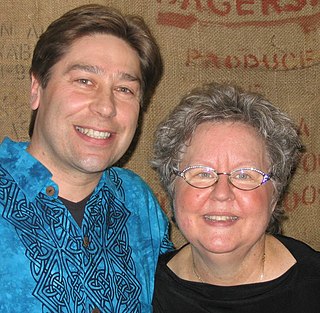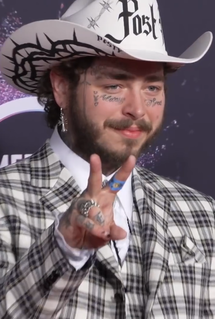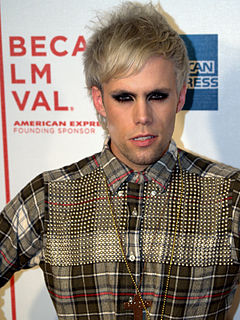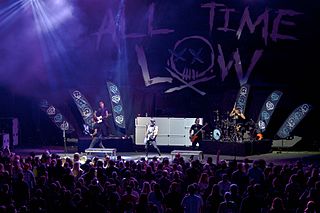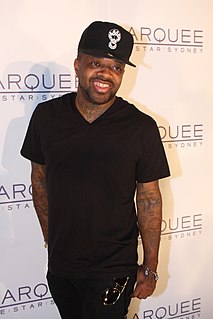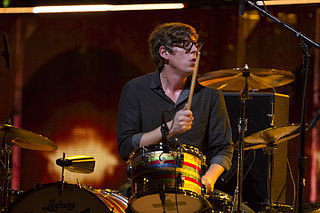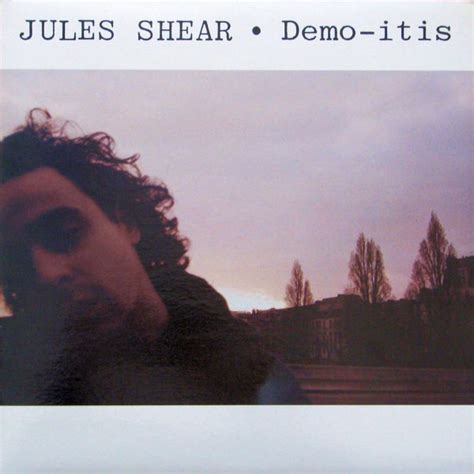Top 1200 Record Labels Quotes & Sayings - Page 5
Explore popular Record Labels quotes.
Last updated on November 5, 2024.
There's a natural tendency for children to, in some sense, inherit the cultural values of their parents. I'm not against that, that's fine, that's wonderful. What I am against is labelling. Nobody ever labels a child a cricketer because his father is a cricketer, but they do label a child a Catholic because his parents are Catholic. I think it's more or less unique. Nobody ever labels a child a socialist or a conservative or a liberal because that's what their parents are.
I won't necessarily make new music because when you make a record there are these great expectations on the side of the record company who are going to produce your record, promoters that are going to do your shows. They want you to do interviews, they want you to play shows. I mean, they want it to be a campaign.
I try to make music with emotion and integrity. And authenticity. You can feel when something's authentic, and you can feel when it's not: you know when someone's trying to make the club record, or trying to make the girl record, or trying to make the thug record. It's none of that. It's just my emotions.
I think when you're 17 and you're angry, you're angry about very short-term things. And there's nothing wrong about writing that record. It's a very real record to write; it's the realest record I could write when I was 17. The problem is, when you're 28, it's not the same thing; it can be a put-on.
If you ignore somebody's record and only focus on something that happened 25 years ago when all they were doing even then was trying to stand up for a minority group that felt excluded and discriminated against, then I don't - I think that is a distortion of a person's record. I mean, a person's record is full, not just the parts that you want to use against them.
People say, "I have heart disease," not "I am heart disease." Somehow the presumption of a person's individuality is not compromised by those diagnostic labels. All the labels tell us is that the person has a specific challenge with which he or she struggles in a highly diverse life. But call someone "a schizophrenic" or "a borderline" and the shorthand has a way of closing the chapter on the person. It reduces a multifaceted human being to a diagnosis and lulls us into a false sense that those words tell us who the person is, rather than only telling us how the person suffers.
The live thing is separate from the record for me. I have to figure out a way to make the songs work live. It's always going to be different than it is on a record, because every record I've made, there are people playing parts on there that are not going to be coming on tour with me. As much as still feeling connected to it, it's more like rediscovering.
I consider us to be one of the first Internet-based bands, especially because we basically started our entire band via the Internet. Before MySpace Music even existed, we had a band MySpace page. We were one of the first fifty bands on PureVolume(.com), and we really built everything from the Internet. That's how we started talking to record labels, that's how we booked our first tours. Without the Internet social networking, like Twitter, we definitely wouldn't be where we are today. It is a huge part of the band.
Record industry's not so much against artists, but certain people are just wicked people that sit up in the industry who go against the artist. The thing is, if you're in the recording business, where's our health benefits? Where's the royalties from when you put stuff on labels in different countries? And now, with all these 500 cable channels, you want your mechanical royalties, your licensing. There's so much technology that you've got to stay on top. They always try to tell you, "Oh, don't worry about the business side, just do the music."
In theory, when you're working with a record label, you're just borrowing their money. And that's basically how the record industry works, right? It's like, you borrow $100,000 from a record label, so you don't make any money until you make back that money for them. In theory, they have you held hostage, so you've got to do every little stupid thing that they want you to do.
